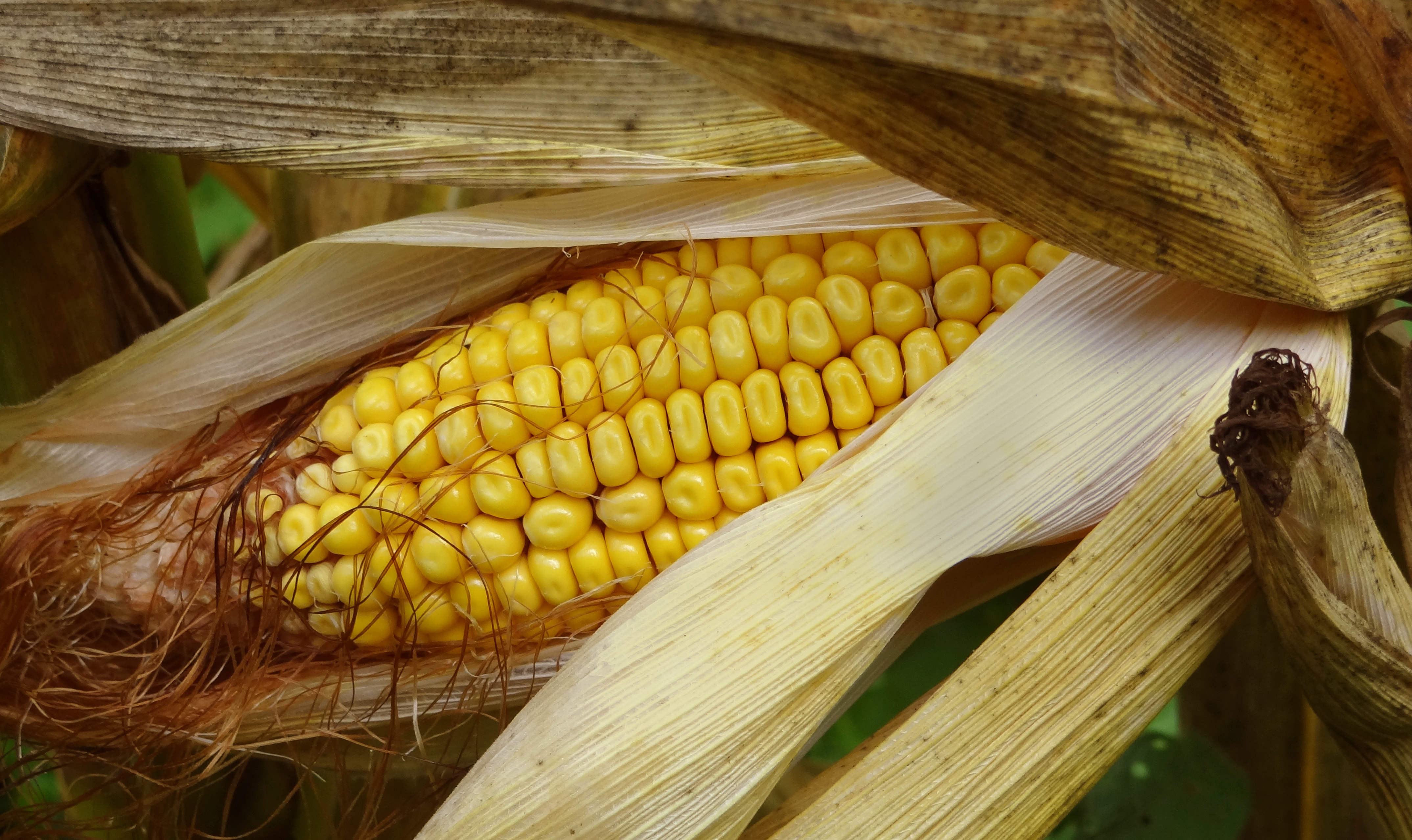Experience-Seeds-Knowledge-Plant Discoveries-Ecological Enrichment-Join Now Click Here!

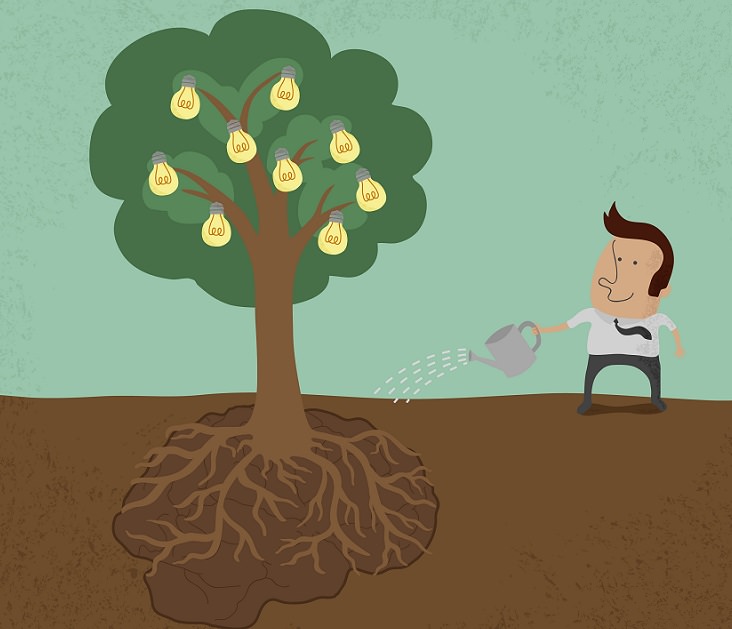
The Value of Plants
The Value of Plants and a Few Good Ideas
Most of the plants I grow have little commercial value in terms of what is usable in mainstream agriculture. Many plants have possibilities on a larger scale but what farmer would take a chance on an unknown crop plant? Plants are like ideas in many ways. Infinite possibilities present themselves yet which direction is the most practical to follow. Sticking with the status quo is a lot easier and safer financially. I think this highlights why there was such a gap of potential new crops and what is produced by farmers today. Here are a few stories from some of the crops that I grow that may shed light on this.
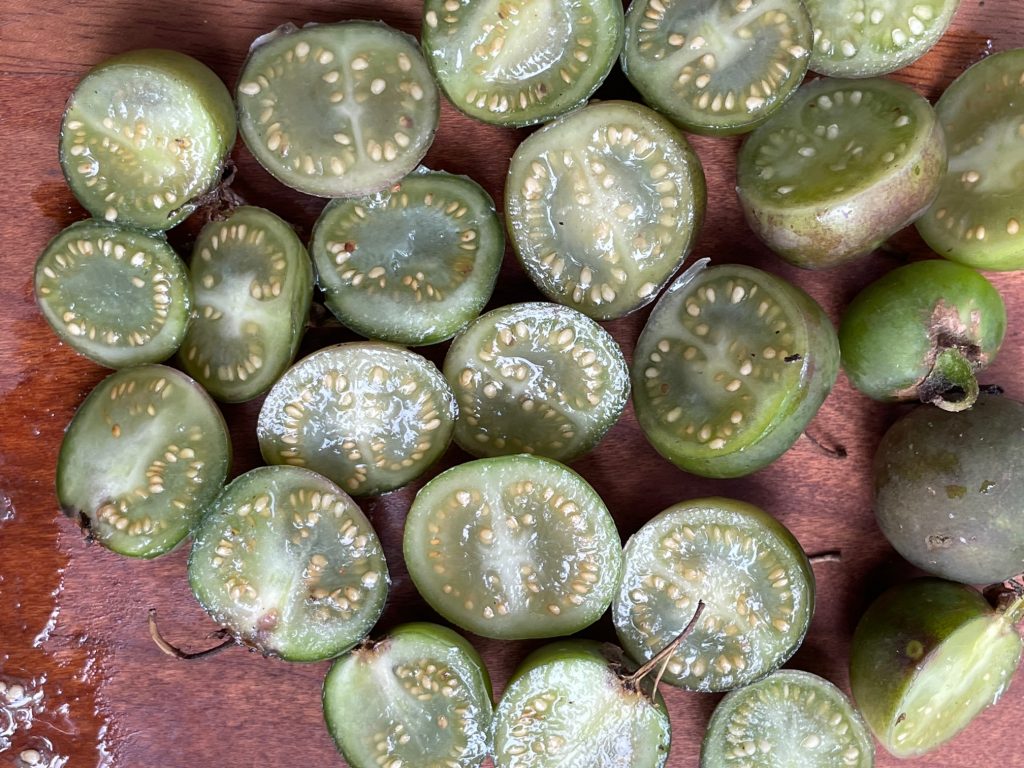
Potato berries are produced from diploid plants which aid in creating a diverse population of potatoes either for selection purposes or to use as a generator of populations for rewilding the potato in a way to make it easier to grow untended.
The Potato Plant
One of my interns showed his professor from a major land grant college one of my potatoes. He described to the professor the winter hardiness aspect to it as well as the useful features that might be of benefit to potato growers including its perennial and diploid nature. His professor listened closely and then described the reality of the potato industry. “You see “he said as he held up my potato like a slide rule, “It has no value. The potato industry does not need this.” This concerned me for a while until it hit me right upside my potato head. He was right. For 99.999 percent of existing potato farming, it has no value. It is useless. It has no functional value in today’s potato growing world. That may seem cruel but it is the harsh reality of potato farming. A diploid potato that fruits and set seeds is the opposite of what all potatoes are like today which often require constant tuber regeneration from clean stock plants. My brainstorm was to have all potatoes genetically different like a wild population. This means you would harvest the berries and store the seeds as well as leaving a portion of the crop in the field to over winter. The potato field then could be seeded with rye, Austrian peas and other legumes so the potato field now becomes somewhat perpetual in a living mulch system. This would be much like that organic Iowa corn farmer did with a no till system. Am I crazy or is that a good idea? I can’t tell.
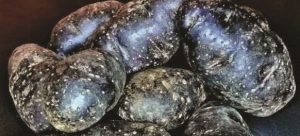
Slide rule of the potato world? ; “Ecos Purple.”
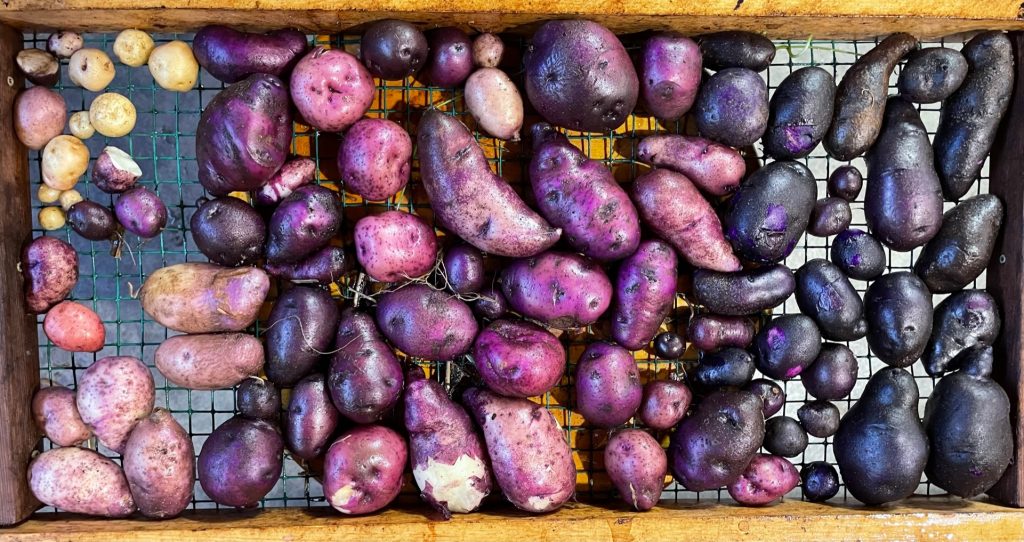
The Peach
A couple of summers ago an intern I hired worked for a peach researcher at a state-run experiment station. He mentioned that he was working for me and that I had a population of peaches immune to different fungal and insect issues. Peaches require a lot of spray and you must spray pre-emptively; without the spray your peaches will have the complexion of a bran muffin. His boss explained, “For us, it is not something we do. We are more focused on testing new chemical controls.” They had just received over a quarter million dollars for testing a new fungicide on brown rot. Like many fruit tree varieties, you can’t test them all and the public doesn’t know what a tree ripened peach tastes like anyway. If you were a farmer and grew them organically without a lot of inputs, your place would become the holy shrine of peaches. Maybe my dinky peach experiment would be a good idea as a starting place to develop all organic and easy to grow peaches. And what if all the peaches in the field were genetically different in some way. Could we get rid of grafting the rather short-lived peach tree and grow them from pits instead? I hear they are a lot longer lived this way. I think it’s a good idea anyway. Mention this to my neighbor who is a peach farmer and I have worthless peach seedlings not the new Paul Friday peaches. Don’t worry I will convert him! Everyone loves a proselytizer. As I show up with my peaches from pits doctrine everyone will scatter. I just might stop at Paul Friday’s house. Knock knock. Anyone home? Here comes the peach pit guy.
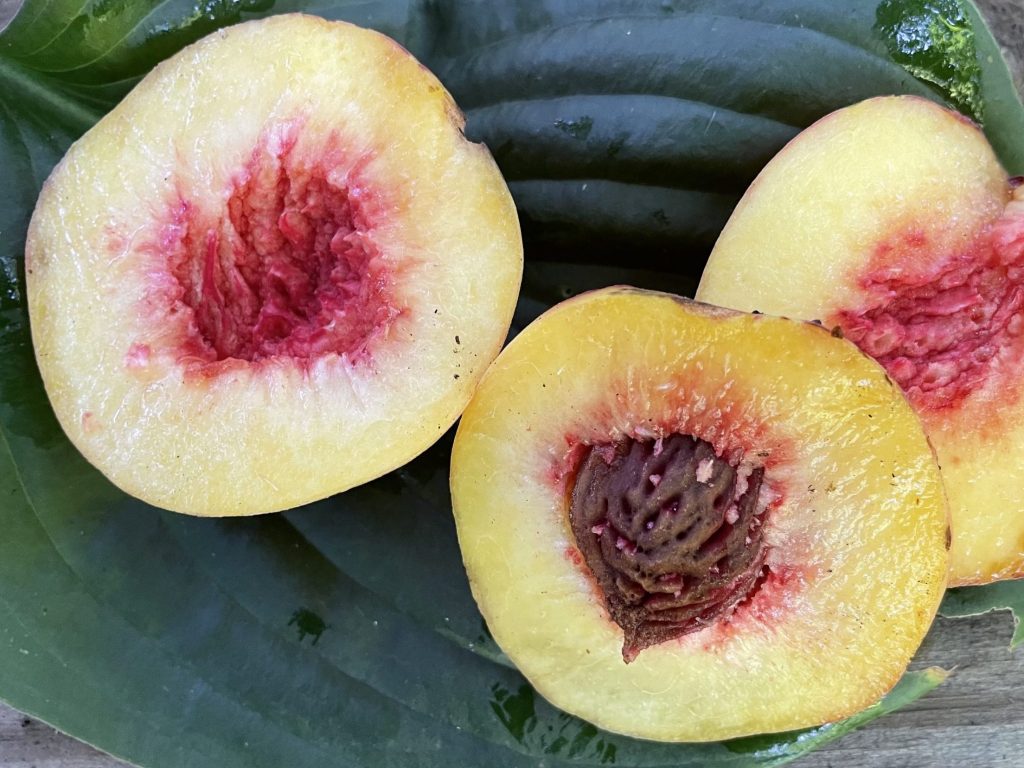
Apricot and Corn Share A Commonality
Prior to Covid, I continually tried to get various politicians to visit my farm. Many pass through here on their way to big ag. The few that I know seem to be good listeners. It must be exhausting and a rather thankless job. Who would do this work? Like agriculture it seems impossible and there are crop failures with ideas for many unknown reasons. We have few ‘Chauncey Gardners’ I fear. (Peter Sellers fans may know this reference.) I thought if I l showed them some of my research on tree crops, I could make a breakthrough in consciousness in some way. What I really wanted them to see was my 60-day field corn Alberta Clipper. Here is why: In 2018 many of Michigan’s fields were flooded in the spring to such an extent no one could plant in them until June and even that was iffy. There were a lot of stuck tractors. The fields had to go fallow. The solution for this was crop insurance and federal government help for such emergencies. My ‘good idea’ was why not have a corn insurance policy based on a short season corn like the Alberta Clipper. This 60 day corn as well as are other varieties like Darwin John would allow at least some yields to be generated from that land. The open pollinated yields from the Alberta Clipper corn are not like the modern-day hybrids. But I did improve it dramatically compared to when I first got the seed from a Canadian research scientist. He had developed many short season crops as a kind of a back up to canola-the most northern annual crop. They too told him his 30-60-day soybeans, sunflowers and corn have “little marketable value at this time.” Having a diversity of potential oil crops sounds like a good idea to me. But the focus is canola and a lot of it. They shelved his research. What did he want from me? Briana Apricot was a starting point. “Ken, I am going to try to develop a super nutritional northern apricot. This fruit crop will grow and thrive in the cold winters in the northern provinces of Canada which will then produce an additional oil crop from the seeds”. Prunus sibirica and its hybrids can grow into zone 2 no problem. Apparently other researchers have done this in other parts of the world making bio-diesel from the oil rich seeds. He seemed elated he found me. We talked a long time on the phone. He was going long. Put a pot of coffee on as they say. He had a crazy apricot idea about clothing the canola fields of northern Canada with a woody perennial fruit and oil crop. I thought about that for a minute. Now that’s a good idea and it has value. He converted me but it was easy. I was already a member of the choir.
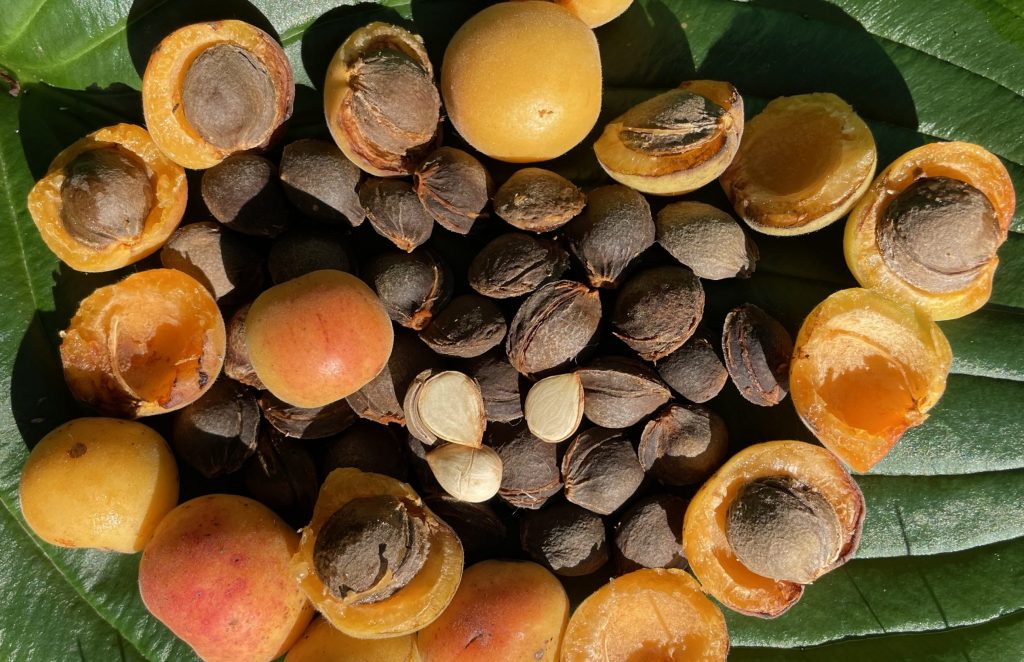
By Ken Asmus
